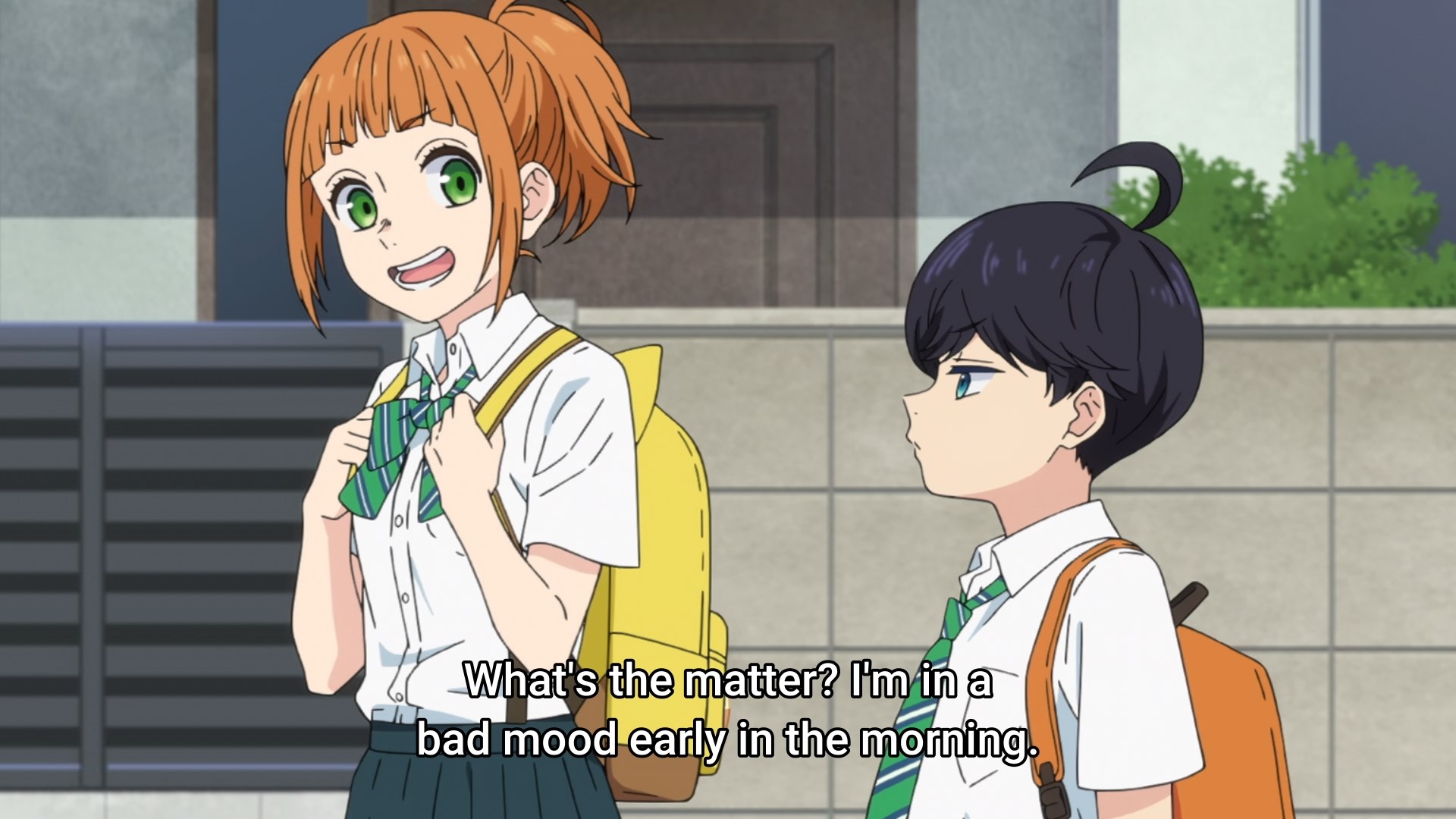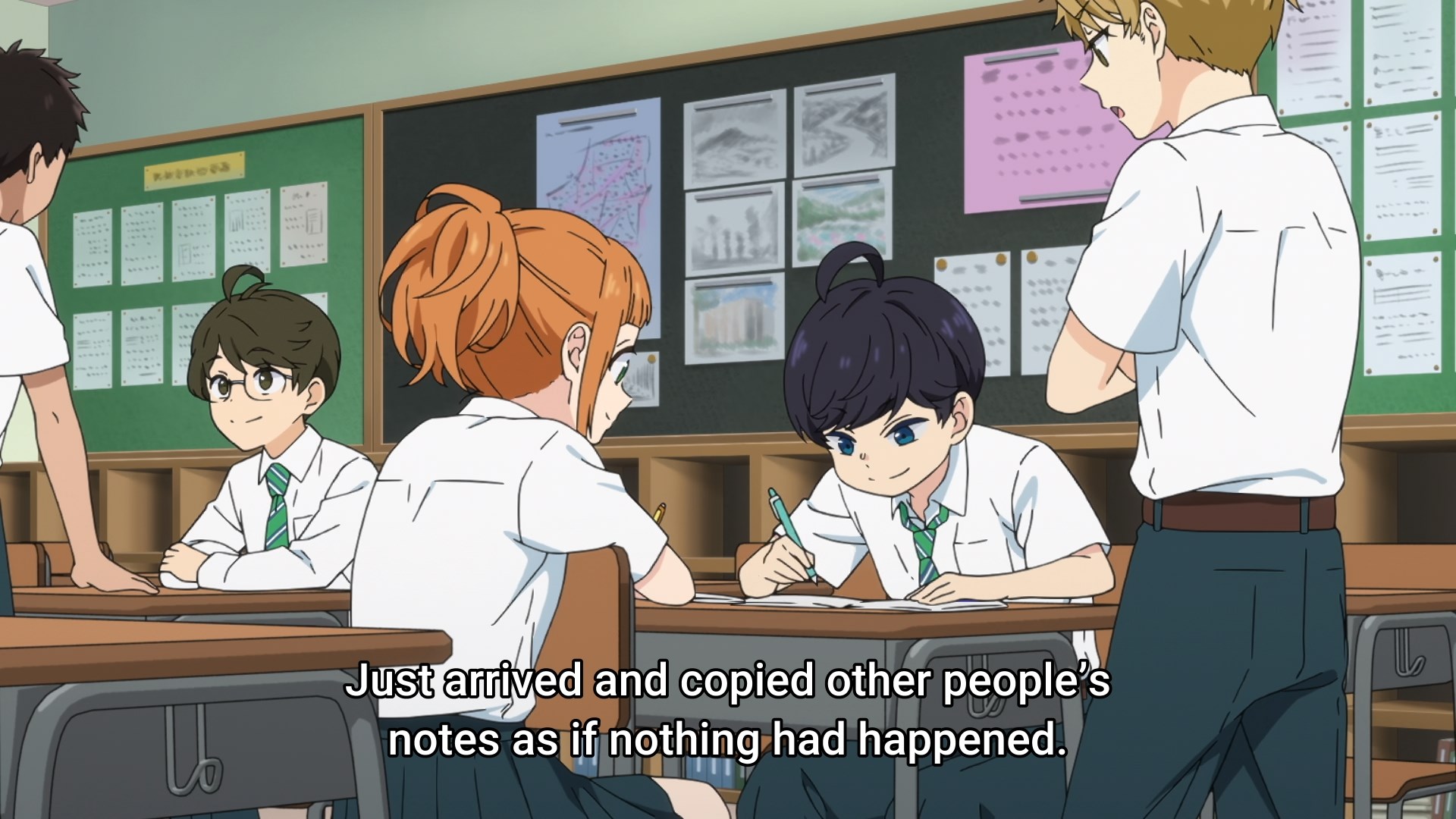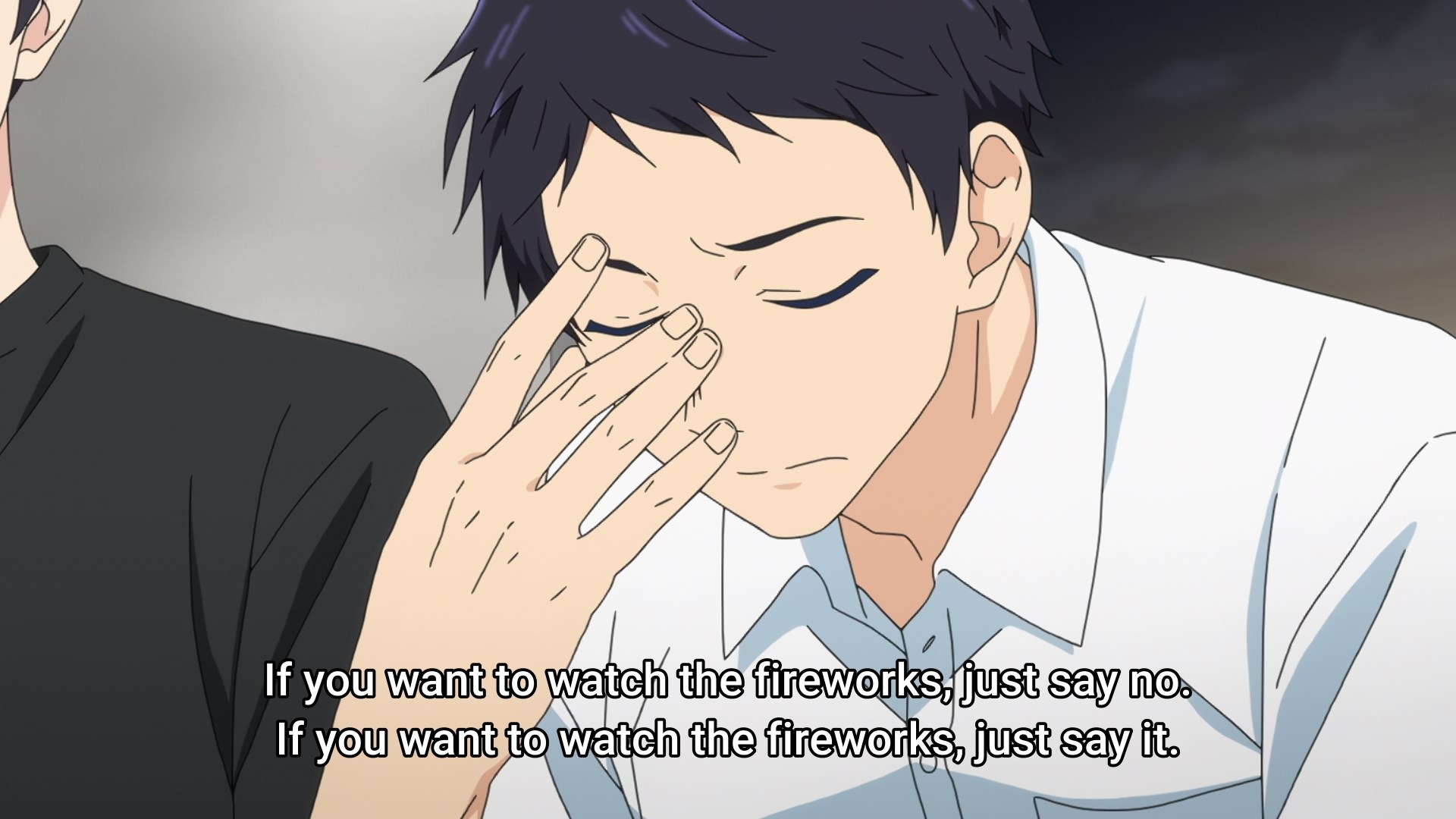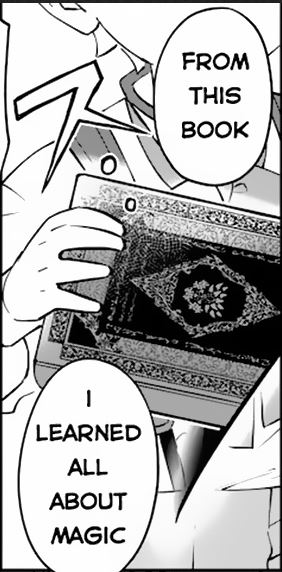The quality of the subtitles for the Yuzuki-san Chi no Yonkyoudai series was so bad, even the ANN reviewers took notice:
The entire episode is nigh-unintelligible thanks to what is almost undoubtedly unedited machine translation. On the lighter end of things, there’s almost no proper punctuation. Four out of five sentences end without a period. Later in the episode, there are sections where two versions of a subtitle will appear side by side for reasons I cannot even figure out. I’m pretty sure every line in the subtitle script was fed individually through a translation program – because every line starts with a capitalized letter, regardless of whether it’s a new sentence.

The examples given are indeed egregious, but I want to focus on some less obvious mistakes, mistakes you can find in other anime as well. In the screenshot above, the translator has confused who is the subject of the sentence. When watching, it’s clear that she’s talking about him, not herself. Even if not clear from the scene itself, it should be clear from the preceeding ones, which saw him getting upset by his brothers not trusting him to do house work. It’s the sort of error you can make when you only have the to be translated text to go by, not the actual footage. An editor should’ve caught this, but how well if at all is any subtitling edited at Crunchyroll these days?

Here the tense is obviously wrong: it’s should be copying, not copied, as they’re still doing it. Ending on “as if nothing had happened” is also weird, a bit of a cliche translation of “atarimae darou”, more literal, as if it’s obvious or the most normal thing in the world to do. It does get the gist of what he’s saying, but it’s slightly awkward and lazy.

Watching through the rest of the episode it all gets so bad that it completely ruins the show. I cannot believe any human looked at this and thought it was good enough to release. You wouldn’t tolerate this reading a scanlated manga, let alone from a paid for service. The one thing Crunchyroll offers other than a convenient place to watch anime at and they fuck it up like this. Hope you weren’tlooking forward to this show.
